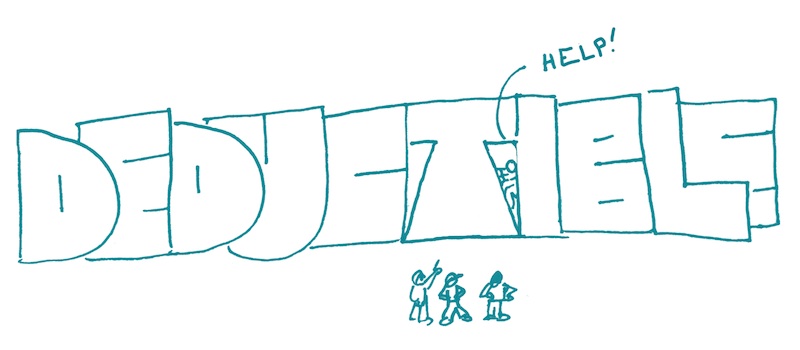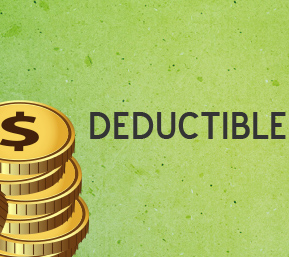In order to get the most out of your insurance policy, it is crucial that you understand what is an insurance deductible as well as the role deductibles play when insuring a home, a car or health insurance for your family. Basically, a deductible refers to the amount of money a policy holder has to pay for an insured loss. That is, an amount of money you have to pay before the insurance company can step in and take care of any additional charges. Deductibles represent an important part of any insurance plans and they have been in use for many years. Deductibles act as a technique of cost sharing between the policy holder and the insurance company with the aim of reducing both the risk of loss to the insurance and at the same time, lower the cost of premiums for the policy holder.

Depending on the insurance plan of your choice, a deductible can be calculated as either a fixed amount or a percentage of the total amount of the insurance policy. Deductible amounts are often found on the front pages of insurance policies especially for homes and motor vehicles. For instance, if you have a $500 deductible, that $500 will be deducted from your insurance claim. Therefore, if the insurance company calculates and decides that the total loss for, let’s say your car, was $8000, you will be required to pay $500 and the insurance company will pay the rest, which in this case is $7, 500.
Percentage deductibles are calculated in a different manner. For example, if it is a home, it will be based on a specified percentage of the home’s insured value. For example, if your house is insured for $200, 000, and according to your insurance policy there is a 2% deductible, $4000 will be subtracted from any claim that the insurance claim reimburses you for. Therefore, if the loss is calculated as $20,000, you will be paid $16,000.
Throughout the country, the amount of deductibles has been rising. For home owners in areas that are considered to high-risk, such as hurricane prone areas, there policyholders may be charged special deductibles. These deductibles, however, are only paid when the cause of loss is due to a hurricane or other natural disasters. Additionally, these deductibles are usually higher, and often take the form of a percentage of the total value of the insurance.
In the health care industry, deductibles are usually charged depending on the type of plan. Individual medical plans charge lower compared to family plans, which offer medical cover for more than one person. In health insurance, deductibles are used hand-in-hand with other cost sharing techniques such as co-payments and co-insurance. In the medical sector, policy holders pay a deductible each time they see a doctor for medical services. After this payment is made, the insurance comes in and takes care of the rest. However, these deductibles are usually added up and when a policy holder reaches an out-of-pocket maximum determined by the insurance companies, the companies pay 100 per cent of all medical expenses for that year.


 In health care insurance, a deductible is a term referring to the amount of money you have to pay from your own pocket every year before you can enjoy the benefits of your insurance plan. Deductibles are commonly confused with other out-of-pocket payments such as co-payments and co-insurance. It is therefore understandable when people seeking medical insurance are not able to choose the health care plan that suits them most. In order to afford appropriate health care for you and your family, you got to have a comprehensive understanding of how low and high deductible plans work. Additionally, it is important to understand how monthly premiums affect your insurance plan.
In health care insurance, a deductible is a term referring to the amount of money you have to pay from your own pocket every year before you can enjoy the benefits of your insurance plan. Deductibles are commonly confused with other out-of-pocket payments such as co-payments and co-insurance. It is therefore understandable when people seeking medical insurance are not able to choose the health care plan that suits them most. In order to afford appropriate health care for you and your family, you got to have a comprehensive understanding of how low and high deductible plans work. Additionally, it is important to understand how monthly premiums affect your insurance plan.






